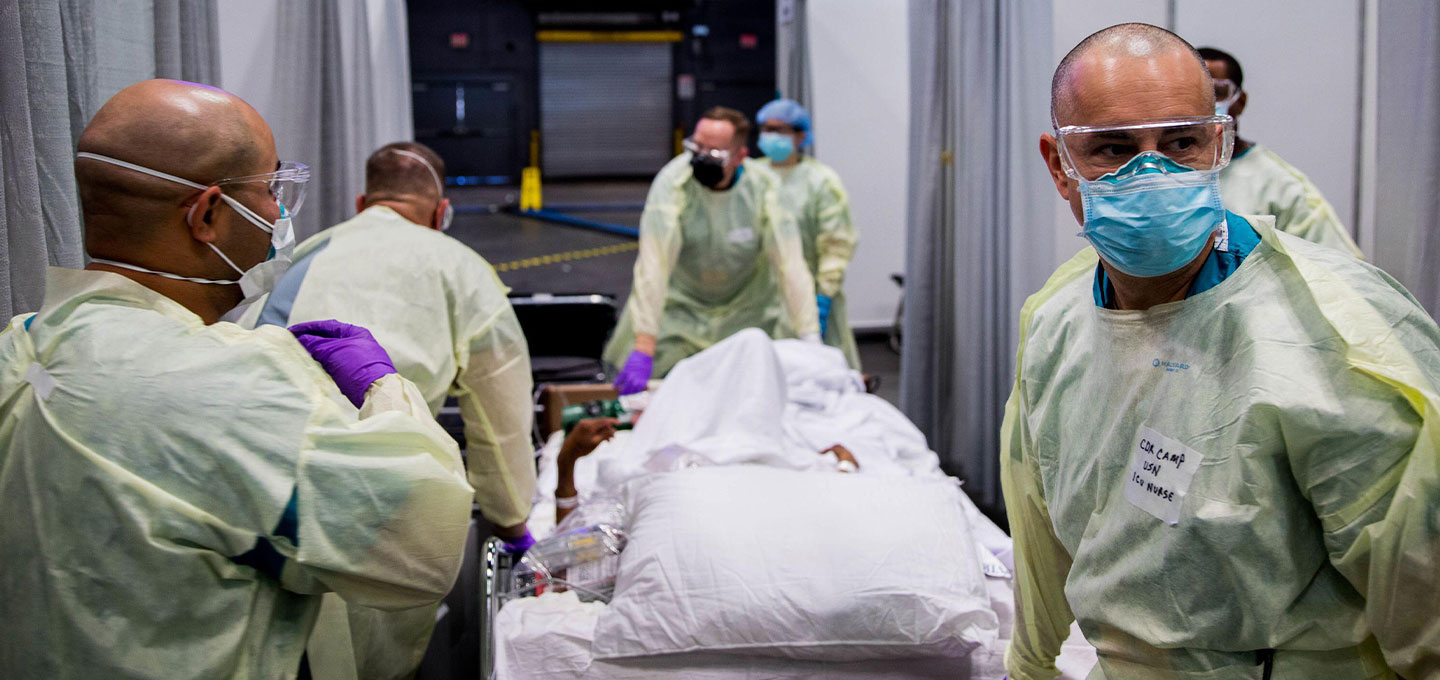So far, 2020 has been a year of major challenges. Since this past winter, the coronavirus pandemic has put billions of lives at risk around the world. Although some nations have managed to mostly control the virus, other countries—including the United States—are struggling to do so. As of early August, global infections were growing faster than ever.
Life in America continues to be seriously disrupted by the virus. Millions of students across the country will be attending school remotely—at least part of the time—this fall. And millions of workers who would normally head into an office each day are still working from home.
Many months into this health crisis, it’s normal to feel anything from worried to totally fed up. You likely have a lot of questions too. What exactly is being done to combat this health threat? Will the presidential election go as planned? And what might life be like the rest of this year? JS editors are here to help with some reliable answers.

